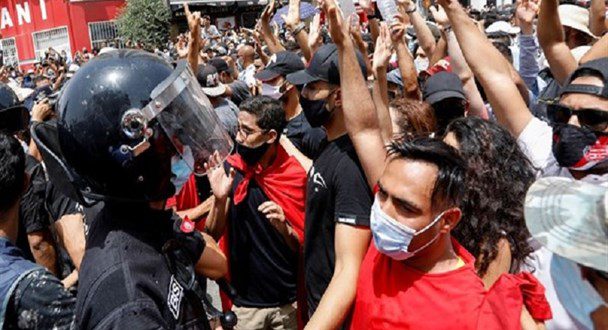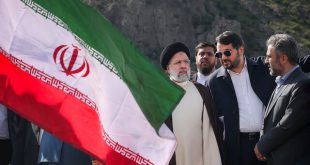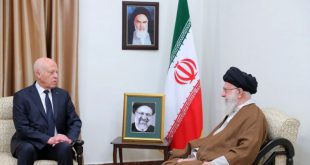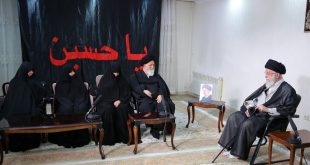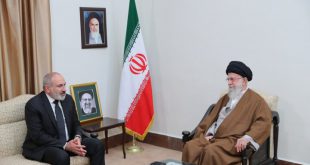Shias in Tunisia say they’ve seen a rise in discrimination against them. Tunisia’s Salafist movement has used Facebook and public rallies to spread its anti-Shiite rhetoric as well.
Little is known for sure about Tunisia’s Shiites. Estimates as to their total number range anywhere from a few dozen to a few thousand. Since no official data has ever been collected on sects of Islam in Tunisia, and because Shias in Tunisia are known to keep their faith a secret and worship side by side with Sunnis, it is impossible to determine a definite number.
“No one knows the exact population of the Shia in Tunisia, due to the bad conditions and limitations for this minority sect. Tunisian government banned the promotion of Ahlul Bayt (a.s) school of thought,” Hasan Bin Hamood Tunisian Shia said , according to ABNA.
“Sunni Islam is the official religion of Tunisia and being Shia Muslim is forbidden. If the government knows you are a Shia they would throw you in jail. Shia don’t have party in my country. We can’t say ‘I am a Shia Muslim’ in Tunisia, we can’t do our religious rituals; we can’t do anything for our sect. Internet is the only way for Tunisian Shia to express themselves. Sites like facebook or twitter are so beneficial.”
Today the Shia belief is found across many cities and villages in Tunisia, if not all the cities and villages. The cities which have a major population of Shia’s are Qafsa, and the state of Qabass, Soosaa, al-Mahdia and in the capital city Tunis.
However, one fact that is generally acknowledged is that if there is a “capital” to the Shia population in Tunisia it is the town of Gabès.
Amongst the respected Shia scholars in Tunisia is Sayed Mohammed al-Tijani al-Samawi and Sheikh Mubarak Baadache, Shiafrica-en.blogfa told.
Since there are no mosques or other public gathering places for Shias in Gabes or anywhere else in Tunisia, the Shiite “community” in Gabès centers around Mubarak Baadache’s home.
In the 1970s, Baadache came into contact with Ennahdha leader Rashid Ghannouchi, and was one of the founding members of Ennahdha, acting as the movement’s regional leader for the Gabès governorate, Al-monitor reported.
Baadache’s encounter with Shia Islam came by way of the Tunisian writer Mohamed Tijani Smaoui, another Ennahdha member, who himself converted after studying in Iraq with the prominent Shia cleric and political leader Mohammed Baqir Al-Sadr.
If you walk in palm-filled seaside oasis town near Tunisia’s border with Libya during the Muslim month of Muharram, you will hear a sound blasting from an old cassette that is heard almost nowhere else in Tunisia: Shia prayers.
 صراط عشق صراط عشق
صراط عشق صراط عشق
